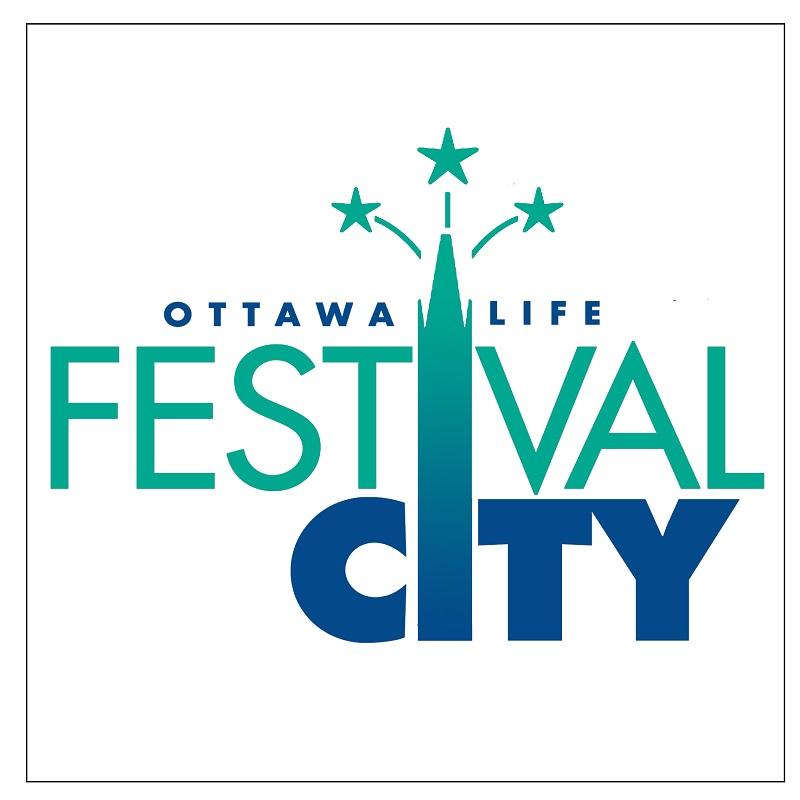
We’ll go beyond the music with artist interviews, volunteer profiles, concert reviews and spotlights on
the tastes, sights and sounds of the festival season.
Your city! Your festivals and events!
Like a good sunscreen, Ottawa Life has you covered.
Photos by Neil Mota
Congolese-Canadian musician Pierre Kwenders is one of the most unique forces coming out Montreal right now. Blending his African heritage with Western influences, Kwenders has crossed his styles to everything from jazz, rap, R&B, rumba, and most recently disco and pop. Singing in more languages than he can speak, his upcoming September release looks to be his most promising yet.
We talked to Kwenders fresh off his amazing TD Ottawa Jazz Festival set about blending genres, languages and exactly how he finds inspiration for his unique music.
Ottawa Life: What inspired you to pursue this more pop infused music on songs like "Sexus Plexus Nexus"?
Pierre Kwenders: The main objective for me was to go way deeper into my Congolese roots and I also wanted the rhythms of the 80s. There was an era in South Africa in the 80s with a lot of disco vibes back then. I grew up with those influences. So on this record I really wanted to go deep into those African roots and also try to mix into what I've learned from here, R&B, funk and even jazz. Working with Tendai we had the same vision of making pan-African music. I believe we succeeded with that new direction on the record.
Is this sound pretty indicative of the whole new record or is it more just one side of it?
It's just one of the aspects. I don't like doing the same thing over and over again. There will definitely be some sort of direction you can feel that blends the songs together but the songs aren't the same. The first single was rock with Congolese rumba, this new track is funk, R&B influences mixed with Congolese rhythms and guitar. You can hear hip hop on the record, and some African traditional.
What was it like working with Tendai Maraire and what do you feel they brought to the record?
The first trip to Seattle I was thinking about my album and I contacted Tendai about it. I got there and we started working on a few songs, I don't know what happened but there was a chemistry there and we had the same ideas, so we decided to make a full album. Tendai was born in Africa and grew up in the states kind of like me, so we had similar stories. He's more from the hip hop scene so putting our two sounds together was great, it was a perfect match.
Considering you sing and rap in so many languages, how do decide which works best for any particular song?
It's not really a decision I have to make, it's more where the inspiration goes. Sometimes I will start writing a song and I'll be writing in Lingala and it will just happen that the sound I'm hearing will make me think of a word in English or French. I'll think of mixing the languages sometimes. I don't really know what happens to me when this happens, but the music takes me somewhere and I feel it how I want to feel it. I just feel that the expression feels more real when it's in that language.
With all the different genres you blend into your music, do you find the crowds a lot more diverse and reactionary to all the different sounds?
Sometimes people will come to my show and they'll hear a song that will take them to different places. It's good in that sense because music has no boundaries. I really try to use my music as a way to teach people about different cultures, singing in any language and genre. I can have people at my show, kids dancing to one song, people dancing to another and all feeling different emotions listening to music they're not used to. It makes it easy for anybody to understand whatever genre it is.
On the note of genre's and your many sounds, do you find yourself working with a lot of different artists to make the album come together? Do these partnerships find you working on other peoples records too?
On my first record I worked with a lot of producers from different backgrounds and I come from the Congo. It makes it a lot easier to bring new sounds to your music. With this new record coming, that I recorded in Seattle, there's that too. Just being outside of Montreal and Canada, the music is not the same. The environment inspires you to make different kinds of stuff. In Montreal I have a lot of friends that I collaborate with but for this record I didn't collaborate with anybody from Montreal, I worked mostly with Tendai. With a mix of everything it became what it is. I'm also a big music lover so I take what I like from what I listen to. I use to sing in a choir so I sung a lot classical music, which I can't do anymore because of too much booze and smoking. Everything that makes me who I am, makes me push the envelope try new stuff and do it my way.
What's next for you this year?
After Ottawa we have more shows, especially after the album. We have album launch shows in Montreal and Toronto, a few other cities. I really want to travel the English side of Canada since I didn't get that chance too much with my first record, hopefully with this record they'll welcome me with open arms.
